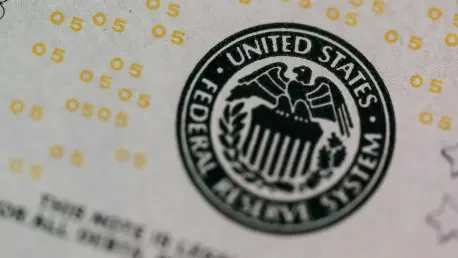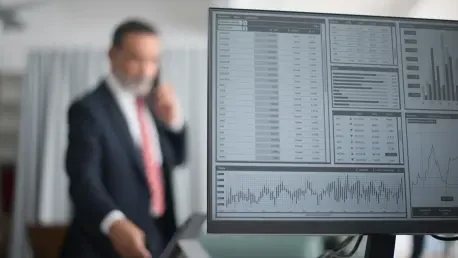
The dynamics between former President Donald Trump and Federal Reserve Chairman Jerome Powell continue to unfold as America grapples with sluggish job growth and economic uncertainty. Trump remains vocally critical of Powell's cautious approach to monetary policy, particularly when it comes to

Over recent years, a notable shift has been observed among global investors toward an increasing preference for European equities over their U.S. counterparts. This evolving sentiment is underscored by doubts regarding U.S. stock market dominance, which has been prevalent for decades. The change

In recent years, the trade relationship between the United States and China has experienced notable fluctuations, impacting both countries' economies and the global market. This dynamic interplay reached a critical juncture when the two economic giants signed a trade deal, seemingly bringing relief

The financial arena has witnessed an unprecedented level of market turbulence due to recent global events, leading investors to question the reliability of established seasonal tactics. The conventional wisdom of "sell in May and go away" and similar adages faces scrutiny as geopolitical and

In the ever-evolving world of technology and finance, Palantir has emerged as a prominent figure, capturing the attention of investors and analysts alike with an astounding 74% rise in its stock price this year. This striking growth places Palantir as the second-best performer in the S&P 500,

In an era marked by economic uncertainty and fluctuating financial indicators, the specter of stagflation—characterized by persistent inflation intertwined with stagnating growth—is once again looming large on the global stage. This unsettling scenario disrupts standard economic norms and poses